Adult Therapy
Adulthood is not all that it’s cracked up to be. To be honest it’s straight up BS sometimes but we are told that because we are of a certain age that we should have it, “all together.” Because we don’t always have it all together but feel like we should because that’s what society tells us, it’s very easy to experience symptoms of depression, anxiety, overthinking, worry, despair and sometimes simply just want to give up.
At Peak Behavioral Health we support adults navigate these complicated and stressful times with tangible tools, activities and care in a non-judgmental and trusting space.
Frequently Asked Questions
We understand that a primary reason people don’t seek or schedule therapy is because they don’t know what to expect. We have compiled a list of frequently asked questions to help ease any anxiety and answer questions you may have.
What are the benefits of Therapy as an adult?
Anyone may find that they benefit from talk therapy. Specifically, if you have been experiencing anything that is distressing, want to process something or work through a problem, you will likely find therapy to be beneficial. We commonly work with individual adults who struggle with symptoms of anxiety, depression, social isolation, break-ups, professional/work-place concerns, exploring what it means to have purpose and more.
What are the goals of Therapy as an adult?
Everyone will with work with their Psychotherapist to develop individualized goals based on the individual needs presented. Typically, identifying and articulating emotions, having the space to process anything that has caused them distress, regulate emotions and learn coping skills, learn how to ask for help, create awareness about their problems, and improve their ability to problem-solve.
Can anyone else be involved?
The decision is yours to make. With that being said, each person has their own individual needs and because of that, the involvement of others will vary based on what your needs and desires are.
What can we expect?
During therapy you can expect this process to be similar to having a normal conversation. Your therapist will ask you questions to understand what brings you to therapy and how they can help support you and then check in with you about your goals (if you have them) and then go from there. Because we believe therapy is a collaborative process, you may also ask your therapist questions along the way as we want you to feel comfortable and safe during this process.

